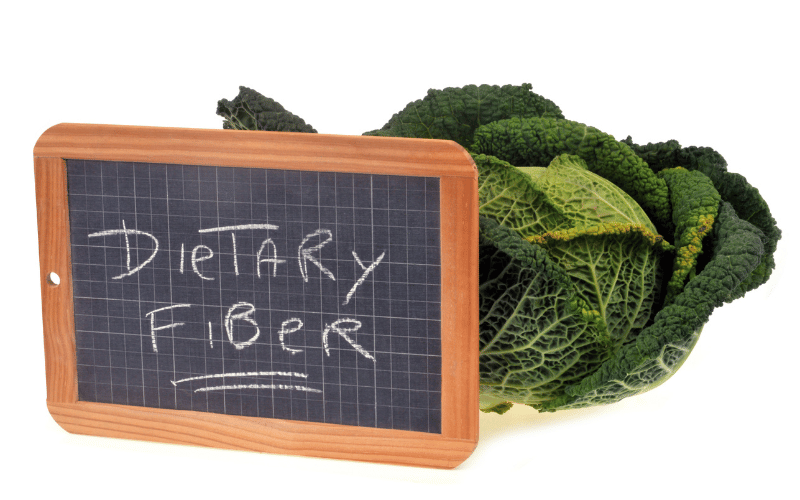10. Dietary Fiber: The Digestive System’s Best Friend

A diet high in fiber can be a real boon for those prone to hemorrhoids. Fiber, found in whole grains, fruits, and vegetables, adds bulk to the stool, ensuring it passes smoothly through the digestive tract. This smooth passage reduces the risk of constipation and straining, both significant triggers for hemorrhoid flare-ups.
But it’s not just about adding fiber; it’s about ensuring a balance. Soluble fiber, found in oats, beans, and apples, absorbs water, softening the stool. Insoluble fiber, found in wheat bran and vegetables, adds bulk, ensuring smooth passage.
To harness the benefits of dietary fiber, aim to incorporate a mix of both types in your diet. Gradually increase your intake, allowing your digestive system to adjust. Pair this with adequate hydration, and you’ve got a winning combo to keep hemorrhoids at bay.
Incorporating fiber supplements can also be an option, especially if dietary changes are challenging. Psyllium husk is a popular choice and can be found in most health stores. But as always, it’s crucial to consult with a nutritionist or healthcare provider before making significant dietary changes. A fiber-rich diet, paired with other remedies, can pave the way for a hemorrhoid-free existence. (10)